"We don't want the money, we just want to save the country. This is our spirit country. They're looking under every pebble, looking for money. The country has been here from day one, from dreamtime. I have to fight hard to keep it alive."
Phillip Roe, elder and law boss of the Goolarabooloo people, in the dunes where Woodside proposes to drill at James Price Point . Picture: Theo Fakos Source: PerthNow
|
Wearing traditional dress, a pearl shell dangling from his hip, his body smeared in white sandstone ocre, he has a simple message for Woodside: "Just pack up. Pack up and take off."
It's been five years of division since the gas hub was proposed, but the issue is coming to a head.
Last week, the Barnett Government granted Woodside the right to disturb Aboriginal graves and sacred sites for drilling and surveys. The company could move in any day.

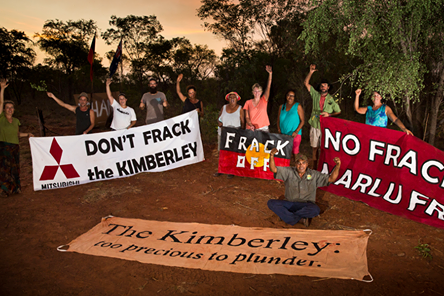


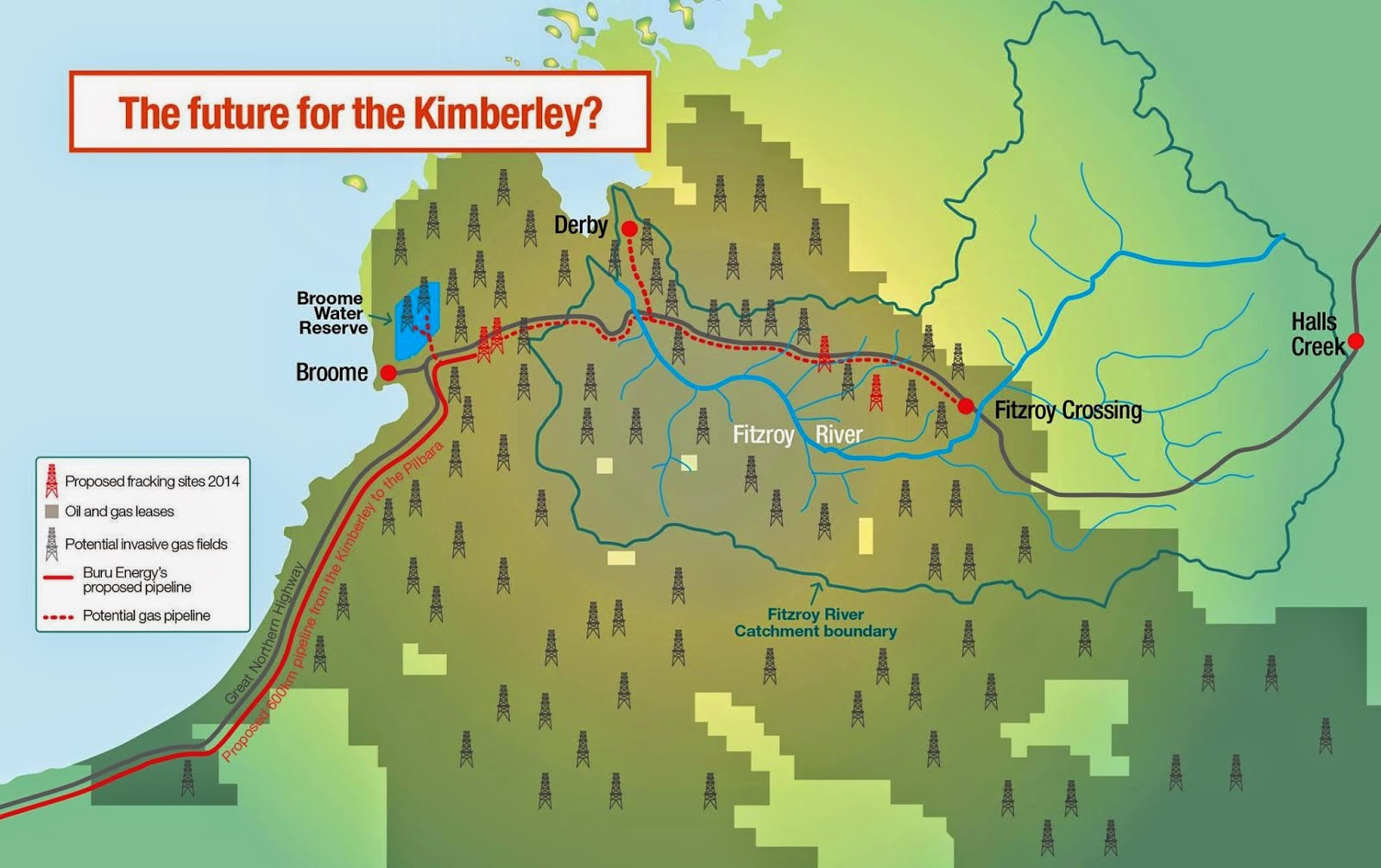

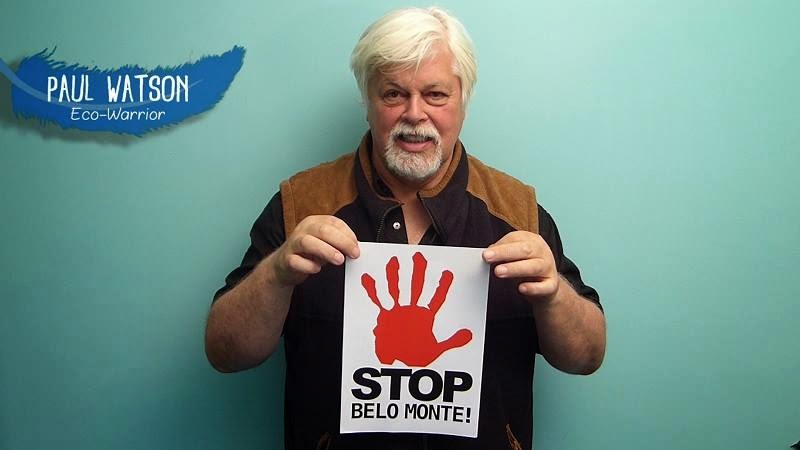
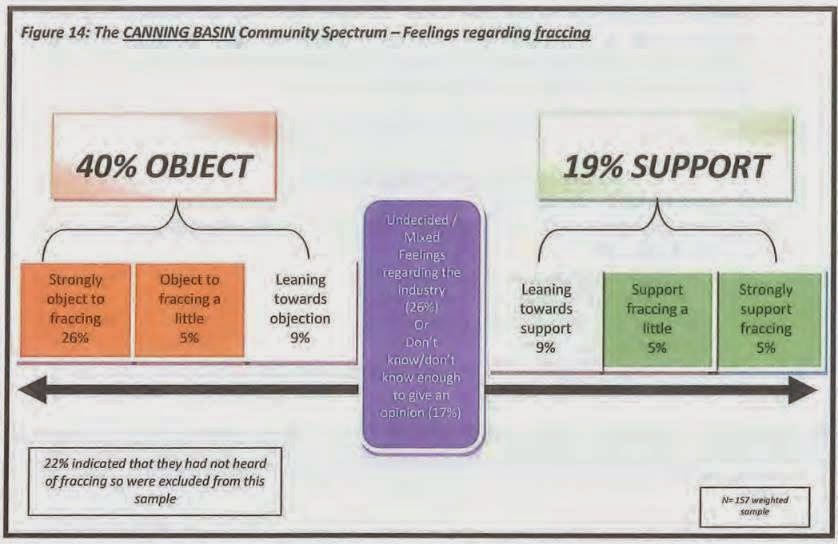
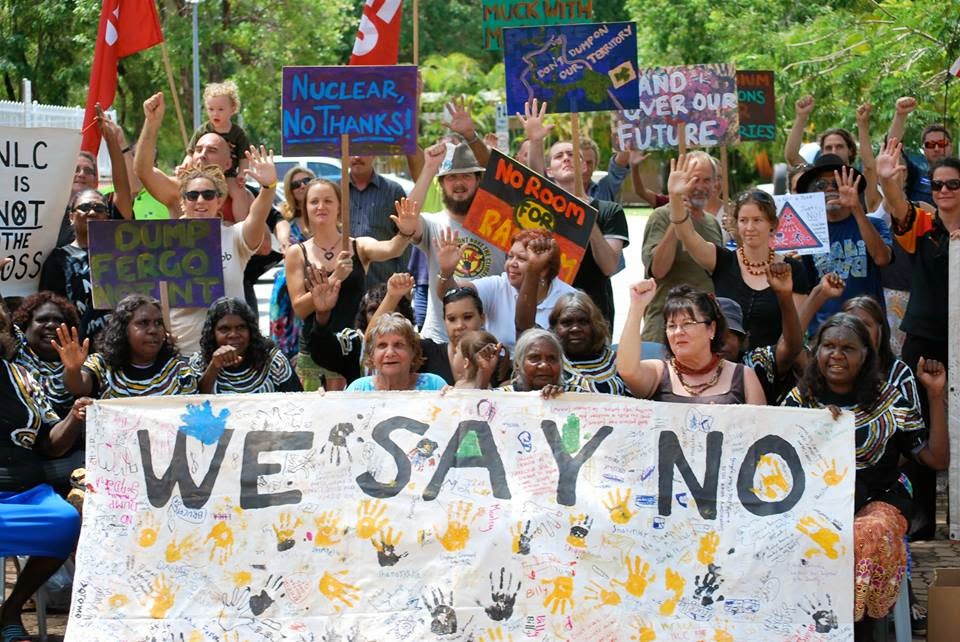




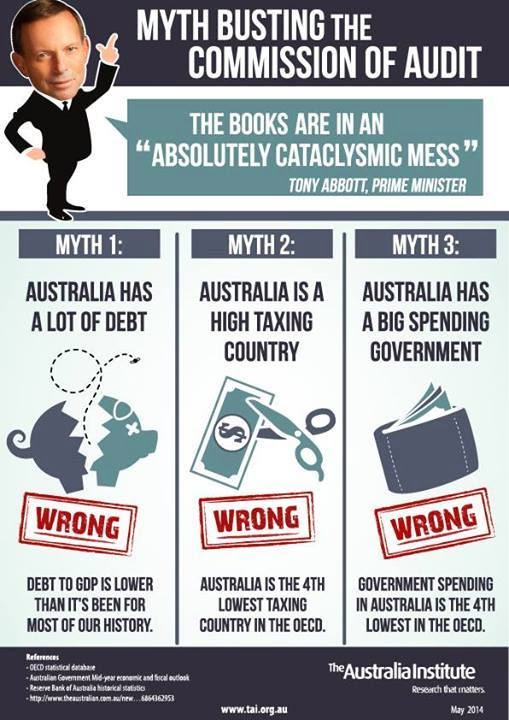
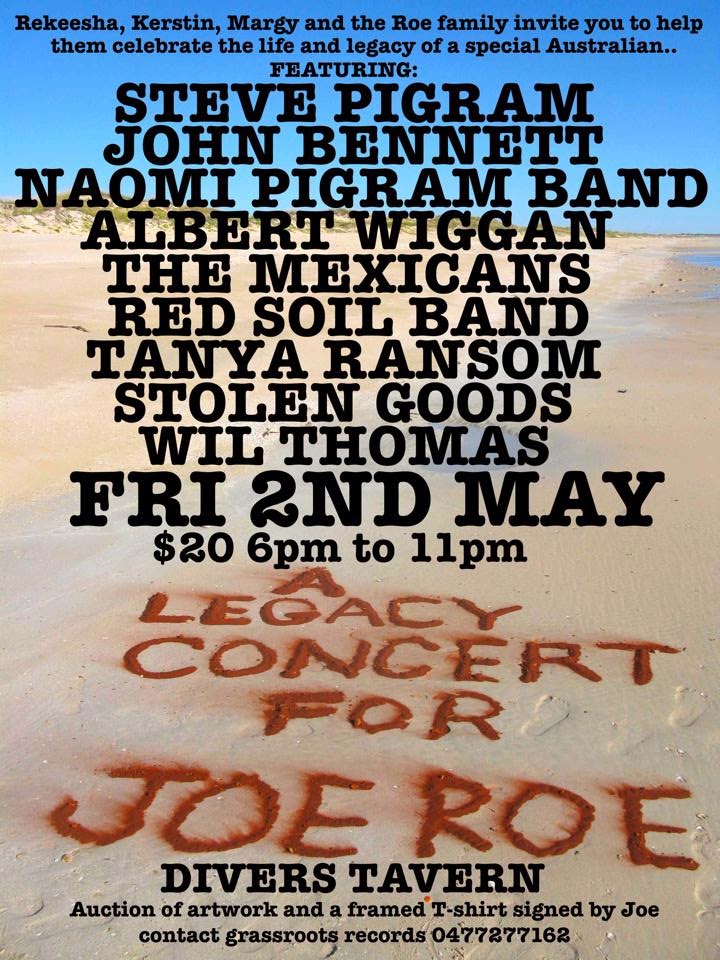

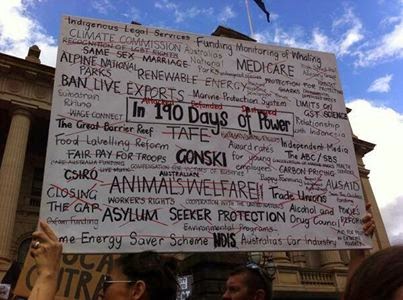
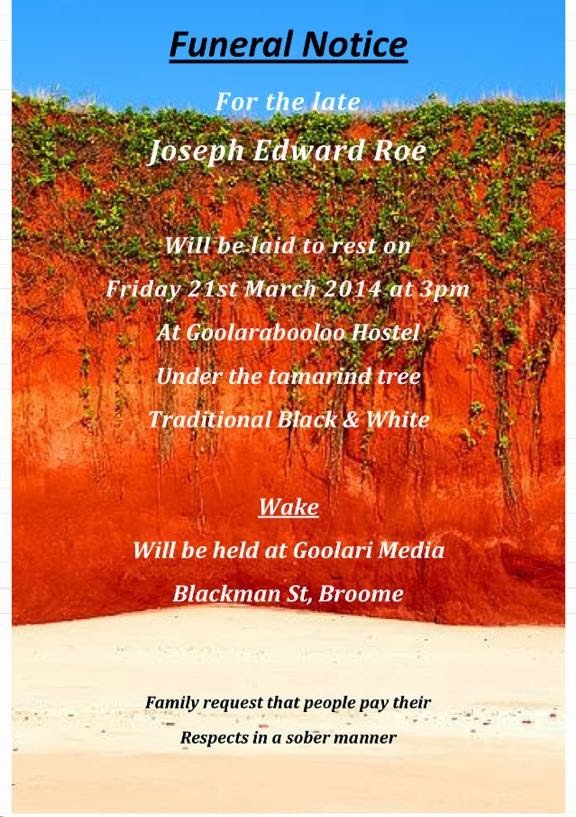

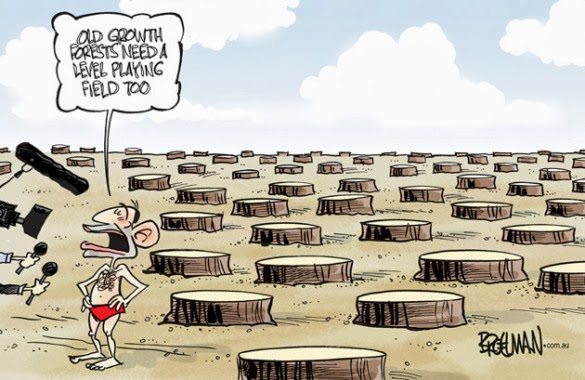
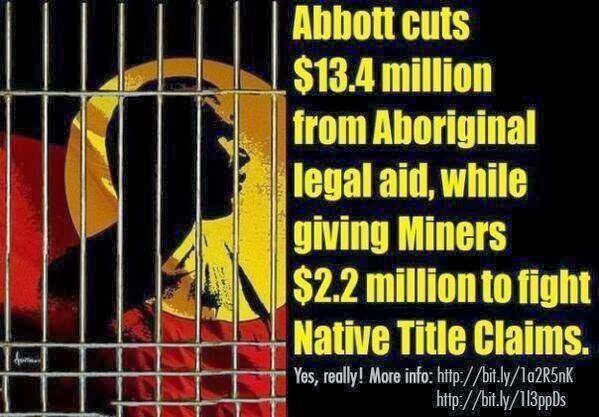
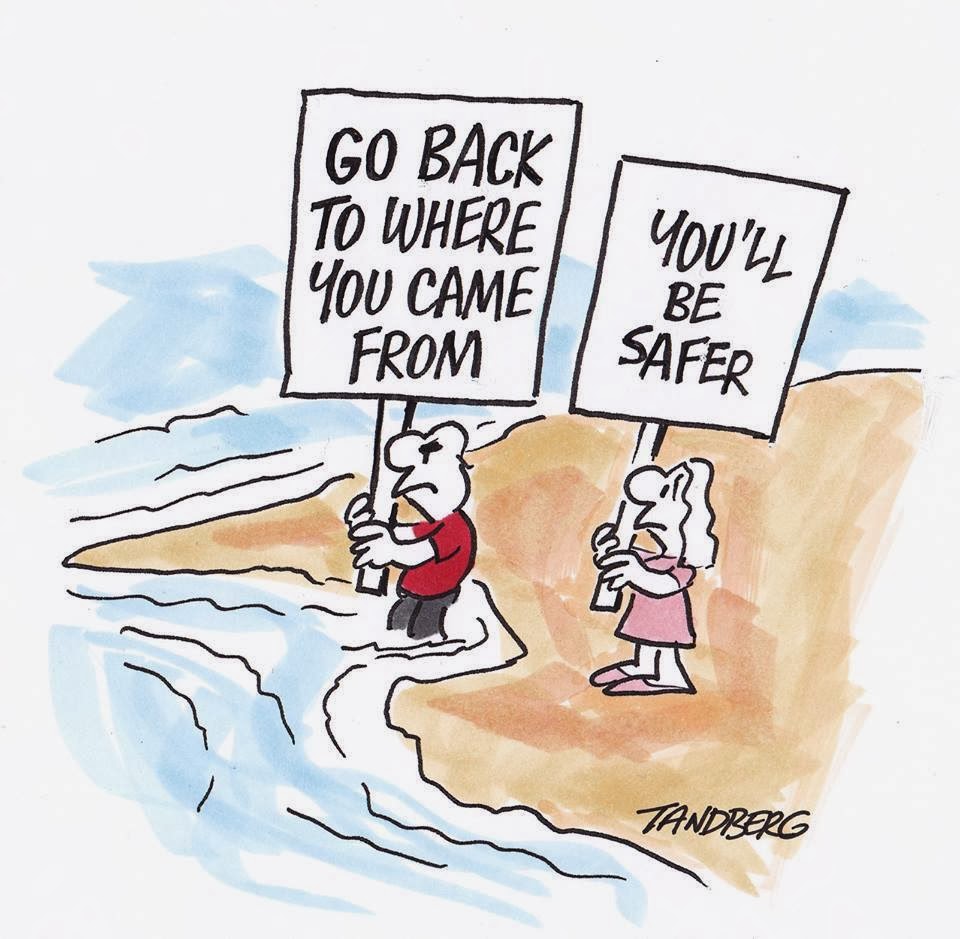

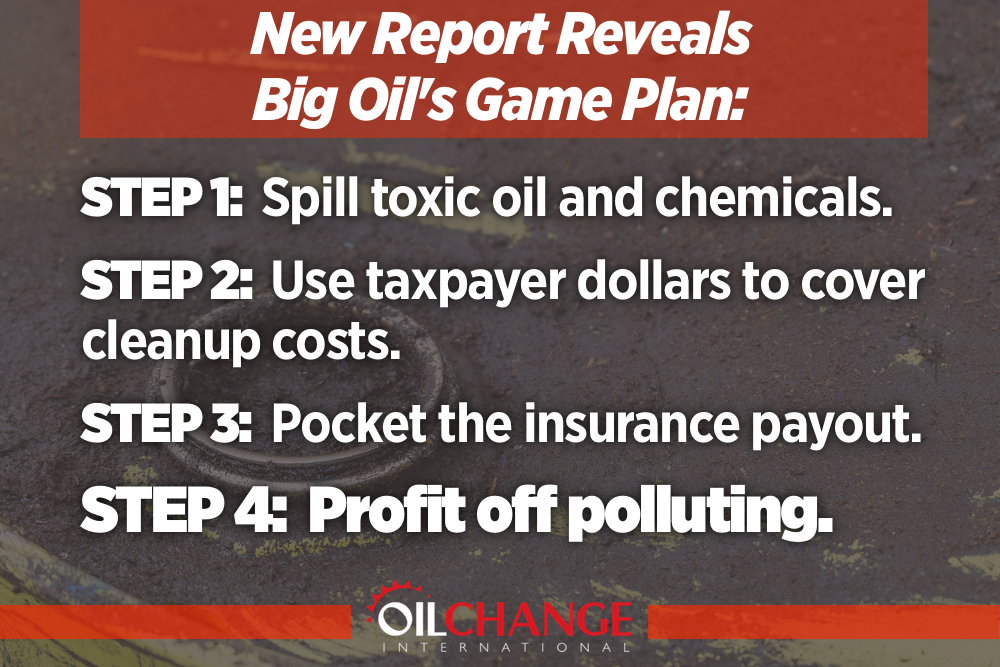
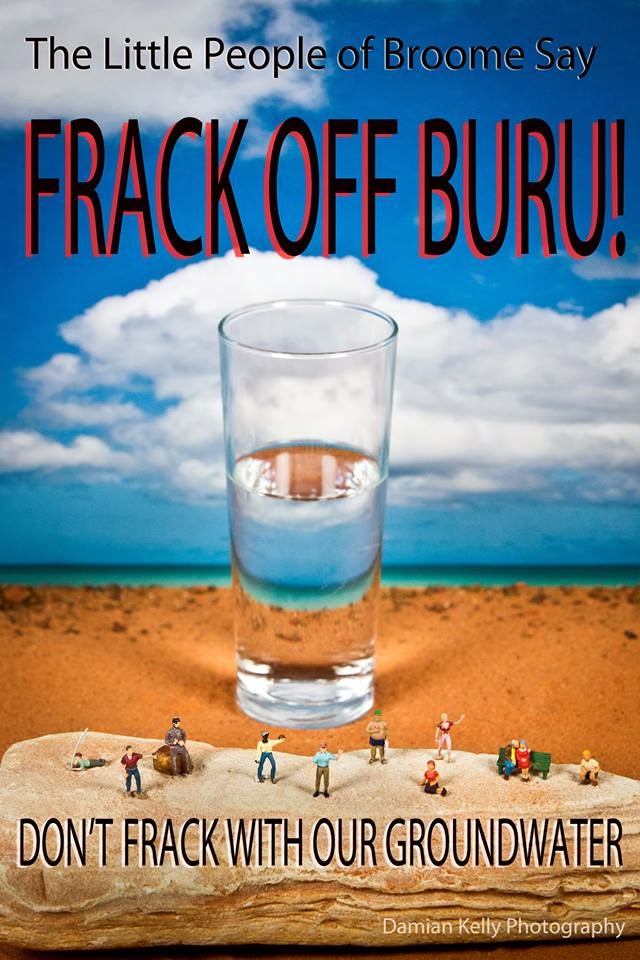
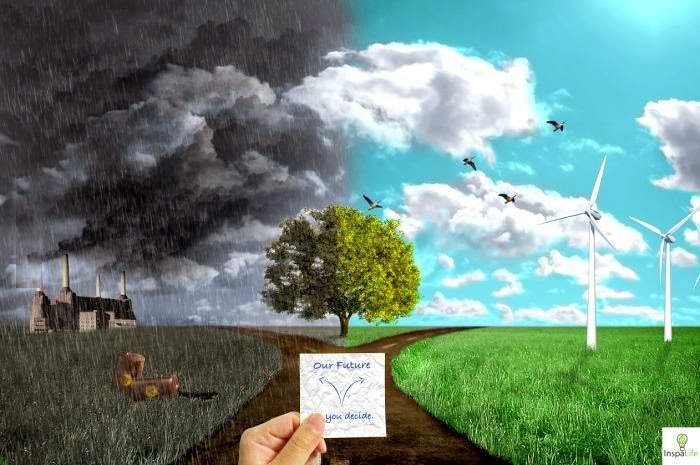
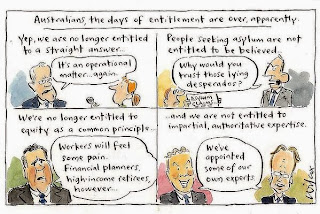
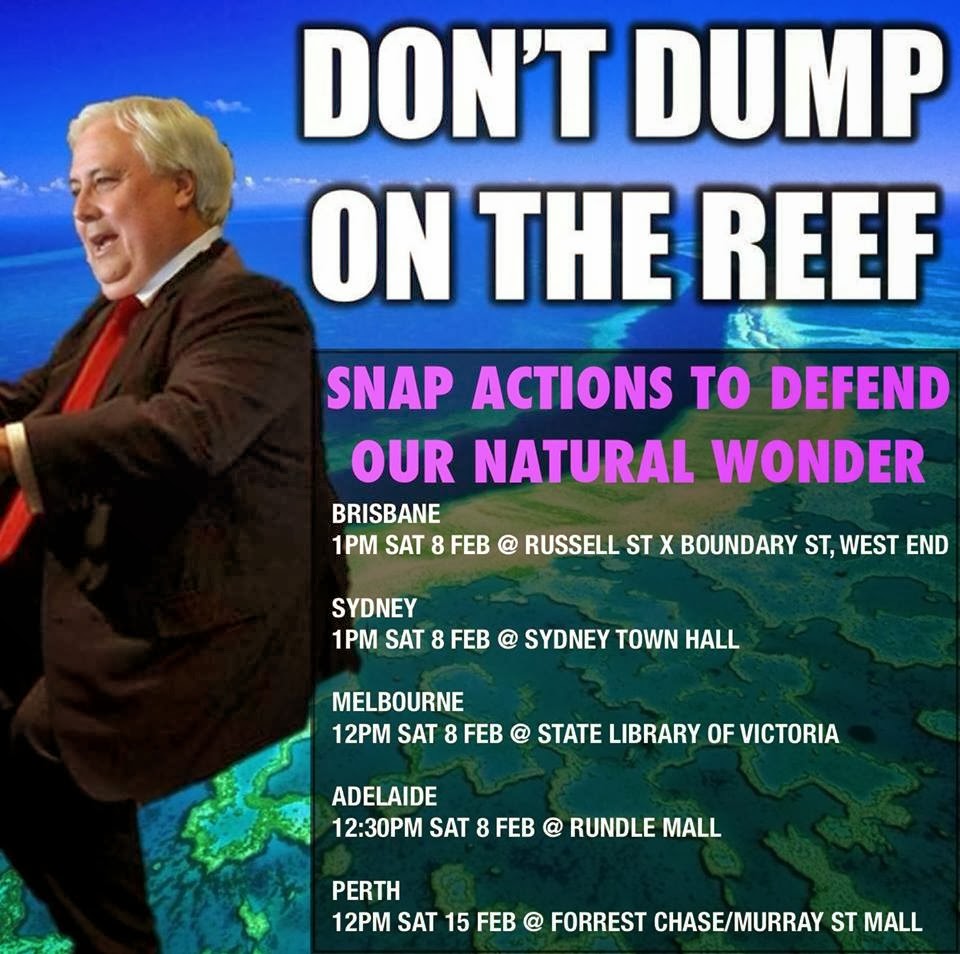

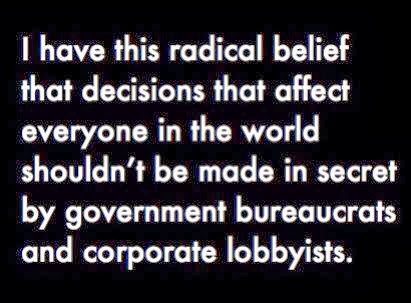
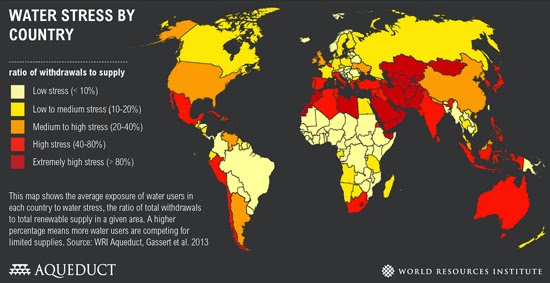

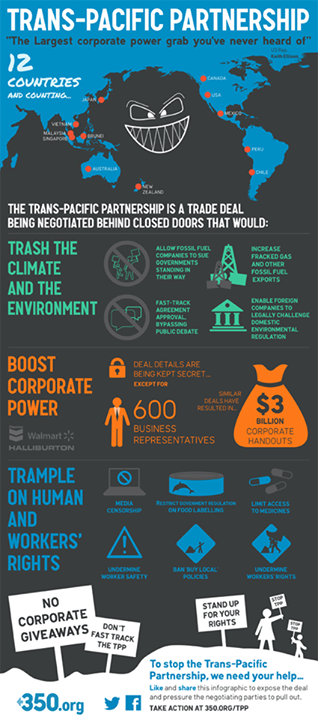
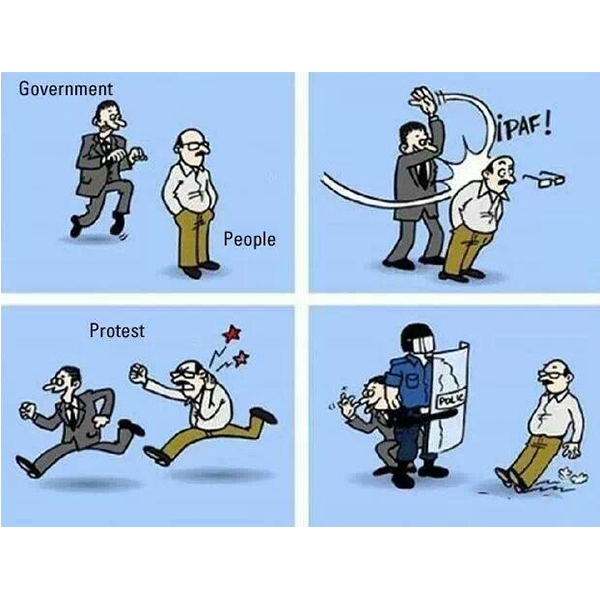
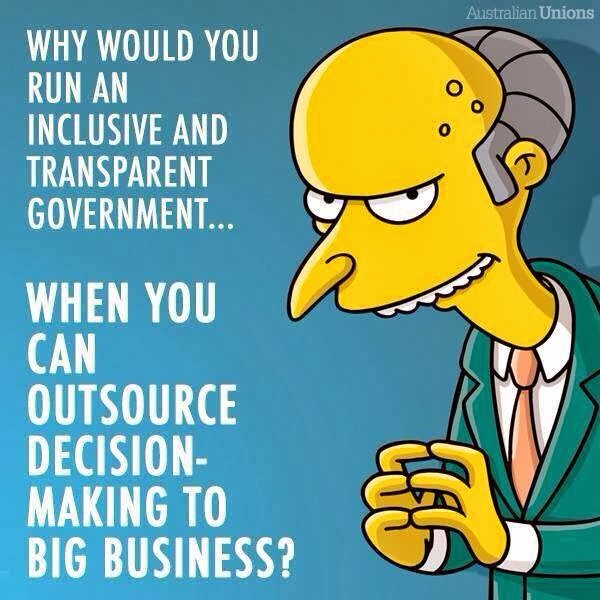











 Photo Damian Kelly
Photo Damian Kelly

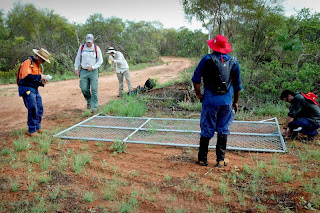









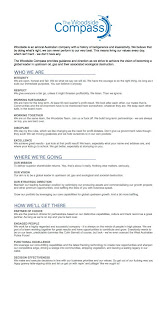




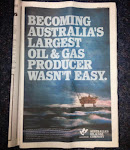

























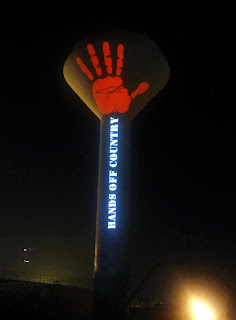





Australia tipped the big loser as energy giants push US to approve gas exports
ReplyDeleteby: Matt Chambers
From:The Australian
January 29, 201312:00AM
AUSTRALIA and other gas exporting nations stand to lose billions of dollars if large-scale US gas exports are approved, according to oil giant ExxonMobil, which has stepped up pressure on the US government to take the economic benefits for itself.
The calls come as the head of Royal Dutch Shell, who has warned high costs here would crimp or delay investment, revealed the company was likely to reveal US export plans this year.
..
In a submission to the US Energy Department on export of liquefied natural gas, Exxon said limiting exports would mean the US would forego economic benefits forecast by a government commissioned report last month,
"Limited or delayed US exports will allow other producing countries to capitalise on opportunities for international sales of LNG and reap billions of dollars in economic benefits that the US economy would otherwise have received," Exxon vice-president Theresa Fariello said in the submission.
In a study earlier this month, Deloitte said if US went ahead with exports, Australia would be the biggest loser among LNG exporters because high costs here meant more investment would be displaced.
The push for US exports has come after a shale gas glut in the US depressed domestic prices, making them potentially competitive as a source of LNG for Asia.
Shell and Exxon both said that a recent report prepared by NERA Economic Consulting for the US Department of Energy , which said LNG exports would be beneficial to the US under all scenarios, had understated the benefits. Also urging the US to allow exports was the Federation of Electric Power Companies of Japan, which said US LNG exports could lead to a global price decline.
Australian LNG is sold in Asia at prices that are linked to the oil price and are the world's highest.
There are concerns that opening up the US market could increase LNG's discount to oil and result in a lower price for gas into Asia. "The free export of LNG from the US could potentially globalise the presently divided natural gas market, which is split three ways into North American, European and Asian markets," FEPC said.
In Davos, Royal Dutch Shell chief Peter Voser said the company believed the US could export up to 50 million tonnes of LNG a year.
..
Australia now produces 24 million tonnes a year and has plans to raise this to 80 million tonnes, potentially making it the world's biggest producer.
"There is a high possibility that we actually will build our own (US LNG plant)," Mr Voser told Boomberg TV.
When asked when a decision would be made, Mr Voser said: "The next 12 months in all of this is quite critical."
Shell, Chevron and BG Group have slowed their Australian LNG plans amid surging costs while stepping up activities in North America.
Mr Voser shrugged off the notion that US LNG exports would reduce prices in Asia. He said low-priced US gas, once it was frozen and shipped to Asia, would still cost $US10 or $US11 a gigajoule. This was the equivalent of what LNG was sold at in Asia when oil prices were $US95 a barrel, he said.
On top of building their own US export plant,Shell is in a smaller project to convert an import plant to export.
DeleteShell, Kinder Morgan Announce Plans To Export LNG From U.S.
The move, which comes in the wake of a recent report commissioned by the U.S. Department of Energy that came out in favor of LNG exports, is the latest among major energy companies seeking to capitalize on North America's the newly found abundance of natural gas from shale. Exxon Mobil Corp. (XOM) last year announced it wanted to turn an existing import terminal in Texas into a facility than can also export, and Chevron Corp. (CVX) last month partnered with Apache Corp. (APA) to liquefy and export natural gas out of western Canada. Shell is also working on a competing Western Canada LNG export project.
To be sure, the Georgia export project faces hurdles: it still must receive U.S. permission to export to countries with which the U.S. doesn't have free trade agreements, and the companies must finalize investment decisions. But it is likely to strengthen the project's chances of standing out amid 20 or so different projects awaiting for permits to sell LNG to non-FTA countries, due to Shell's big pockets and its experience in the LNG business. So far only one project, Cheniere Energy Inc. (LNG)'s Louisiana terminal, is authorized for exports and is under construction.
Shell in $10 billion shale deal.
DeleteRoyal Dutch Shell and the Ukrainian government have signed a gas production sharing agreement, which is expected to promote investment in Ukraine.
Under the $10bn deal that drew attention of the industry, Shell and Ukraine's state-owned firm Nadra Yuzivska have equal shares in the enterprise, 50% each.
Commenting on the signing of agreement, Ukrainian President Viktor Yanukovych said "A new project has been born. This is just the beginning, we shall continue this cooperation."
The latest deal is anticipated to help Ukraine increase its domestic gas production, create jobs, boost state budget revenue, and lift the economy.
Reuters noted that the 50-year contract is "the biggest contract yet to tap shale gas in Europe," and added that the deal would help the country reduce its dependence on Russia for energy.
In May 2012, Shell had won the right to explore gas in Yuzivske gas field in Ukraine, while in August 2012, Shell along with ExxonMobil, Romanian OMV Petrom and Nadra have received joint rights to develop underwater deposits at Ukrainian deep marine shelf field under the Black Sea.
Natural Gas Drops 4.5% on Fears of Warmer Weather
Delete.....Warmer weather also is expected to extend beyond this week. CWG meteorologist Jason Setree said that after a brief cold period projected for the end of this week, temperatures are expected to stay above the 30-year average through March and April.
Natural gas for February delivery settled 15.5 cents lower at $3.289 a million British thermal units on the New York Mercantile Exchange. This was the first time gas prices settled below $3.30 since Jan. 10. Also, the 4.5% decline was the largest the market had suffered since Oct. 22.
After colder-than-normal weather started to push gas prices higher in early January, prices started to tumble last Thursday on forecasts for rising temperatures. Gas futures have fallen 7.5% in the past three sessions.
Analysts also fear that warmer weather and less demand will mean supplies of natural gas will swell.
U.S. gas inventories released last week showed natural-gas stockpiles at 2.996 trillion cubic feet, which is 12% above the five-year average. Market participants fear that high temperatures for the rest of the winter create little opportunity to burn off that inventory through heating use, creating a glut that will weigh on prices in the long term.
"The reality is that we're going to finish the winter with over 2 trillion cubic feet in storage, which is well supplied above the five-year average," said Matt Smith, energy analyst at Summit Energy, adding that natural gas withdrawals typically stop around mid-March.
OUCH...Another price crunch for Woodside's Browse - from Africa this time.
DeleteSome LNG from huge Mozambique project may be sold with link to UK NBP price
Monday, 28 January 2013
Anadarko Petroleum the US and its partners in the Mozambique project are considering pricing LNG cargoes at the European benchmark price rather than on oil indexation, opening the way for a full roster of long-term contracts for a plant with potential to produce 50 million tonnes per annum.
......................
Footnote on the Shell US export deal....
Kinder Morgan is the biggest owner of natural gas pipelines in the US...
Shell and Kinder Morgan launch US LNG export project and aim for fast-track start
Monday, 28 January 2013
Royal Dutch Shell and a subsidiary of the largest US natural gas pipeline network owner, Kinder Morgan, plan to form a company to develop an LNG export plant at the existing Elba Island import terminal near Savannah in the state of Georgia.
WEST Australian Labor's central line of attack in the final 40 days of the state election campaign will be that Colin Barnett has the wrong priorities, does not care, is arrogant and out of touch.
ReplyDeleteLabor leader Mark McGowan yesterday bucked tradition and officially launched the party's campaign in a low-key affair with his wife, Sarah, and three young children present but none of the usual fanfare.
It builds on the opposition's one-man-show campaign style, after Labor released prime-time television advertising emphasising Mr McGowan's background as a naval officer, suburban family man and his bravery award for pulling a man from a burning car.
Mr McGowan, who took over from Eric Ripper in January last year, acknowledged the March 9 poll would be difficult but said it was time to end the "phoney campaign".
"This election will be a referendum on priorities," he said.
"It'll be about whose priorities are the right ones for the future of Western Australia. My priorities are all about the suburbs and towns where people live."
Labor will announce policies to improve the state's health and education systems, reduce cost of living pressures, ease growing congestion and broaden the economy beyond mining.
Framing the campaign as a battle between the two leaders' personal values, Mr McGowan said he understood the needs and interests of people living in suburbs and towns across Western Australia, but believed the Premier did not care he was placing extra burdens on West Australians.
"Mr Barnett's priorities are all about the central business district of Perth, putting up cost of living pressures on families and increasing the state's debt to such a level that our grandchildren will be paying it off," he said.
The Labor leader asserted life had become more difficult since the Liberal-Nationals government took power in 2008.
He said there was now an extra $1100 a household annual costs in state government fees and charges, the Homes West waiting list had blown out to 50,000, land supply had declined by 40 per cent and rents were "out of control".
"In short, Mr Barnett is out of touch -- he's arrogant and his government has had many failures of administration."
...............................
Happy Australia day.....
ReplyDeletePush for sentencing break for Aborigines
THE High Court is being asked to lay down sentencing principles that would require judges to consider factors including social deprivation, overrepresentation in jails and historical dispossession and colonisation when sentencing Aboriginal offenders.
The application for special leave to appeal to the High Court has been lodged by solicitors acting for William David Bugmy, from Wilcannia in far western NSW, a chronic alcoholic who has a mental illness and has been almost continually incarcerated since he was 13 years old.
..
Bugmy's solicitors, the Aboriginal Legal Service NSW/ACT, are asking the High Court to follow the Canadian Supreme Court judgment of R v Ipeelee, which ruled that real equality under the law cannot be achieved unless courts accept that historical, social and economic deprivation can affect moral culpability.
"The overrepresentation of the indigenous population in custodial settings both nationally and in NSW . . . is far worse than the figures examined in those (Canadian) cases," Bugmy's lawyers said in their summary of argument filed in the High Court last week.
Dean of Law at Deakin University Mirko Bagaric, who has written extensively on Aboriginality and sentencing, said the High Court was likely to take a keen interest in the case given ever-rising rates of indigenous overrepresentation.
"I think the overrepresentation of Aboriginals in the justice system is something that appals most Australians," Professor Bagaric said. "Governments have not shown a willingness or a capacity to address this issue. The only other way to address it is through the common law, through the development of sentencing principles by the courts."
...............
There will never be fairness while the old colonial "business model" rules.
Plunder other peoples lands for profit.
http://www.globalresearch.ca/huge-new-slick-at-site-of-bps-2010-gulf-oil-spill/5320893
ReplyDeleteHuge New Slick at Site of BP’s 2010 Gulf Oil Spill
The oil is still there, 33 months after the explosion
Wings of Care provided new photos of an oil slick in the area of the Gulf oil spill, noting:
Here is the large surface slick that has been sitting over the Macondo area since last autumn, with as yet no explanation from BP or the US Coast Guard as to its origin. Its persistence, even after the weeks of rough weather we have had in recent weeks and months, suggests that its flow is substantial. Scientists who have sampled it have found evidence of manmade products such as drilling mud.
Wings of Care provided an update yesterday:
The most troubling vision today was the Macondo area itself. The slick that we had first noticed last fall, which was spreading over the area within a half-mile or so of the scene of the Deepwater Horizon explosion, was huge today. It stretched over 7 nautical miles in the south-north direction and was almost a mile wide in some spots. There were some patches of rainbow sheen and even some weathered oil (brownish “mousse”), although overall it remained a light surface sheen.
***
There are patches of rainbow and weathered “mousse” in it as well, which we have not seen out there for many months.
Stuart Smith provides context:
In Louisiana, we are blessed to have a one-woman environmental protection agency by the name of Bonny Schumaker. A retired NASA physicist and pilot, Schumaker has found a way to merge her love of all creatures and her passion for flying to create an amazing operation called On Wings Of Care. She flies animal rescue missions but since 2010 has also devoted a lot of her energy toward helping her fellow citizens learn the truth about the aftermath of BP’s Deepwater Horizon disaster.
When the authorities wanted to restrict the public’s access to the site of the massive spill, Schumaker and her flights have documented both the scope of the spill and the extent of damage to marine life — and she hasn’t let up. In August 2011 and again in October 2012, her photographic evidence has forced BP, the U.S. Coast Guard, and other agencies to acknowledge and to investigate new sightings of fresh oil sheens near where BP’s rig blew up and sank. We’re still not satisfied with BP’s response to the problem, and we’re concerned that the oil may actually be coming from fissures under the sea.
One thing is undeniably clear from the photographic evidence: The oil is still there, 33 months after the explosion.
***
Massachusetts Rep. Edward Markey (who may win election to the U.S. Senate later this year) said of the ongoing problems at the site: “Back in 2010, I said BP was either lying or incompetent. Well, it turns out they were both. This is the same crime scene, and the American public today is entitled to the same information that BP was lying about in 2010 so that we can understand the full dimension of the additional environmental damage.”
..........
Use link above to view movie.